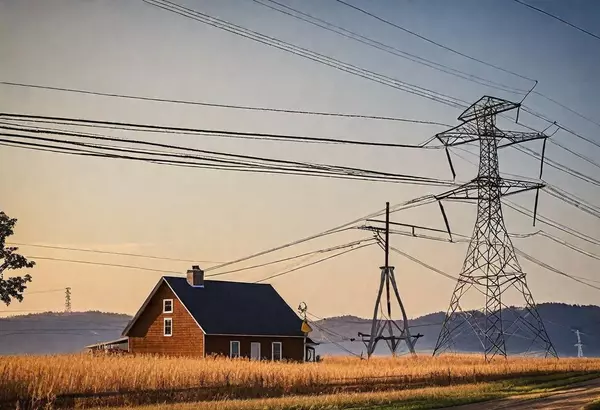Homes in Flood Zone
Living near water can be a dream for many homeowners, but it also comes with its fair share of challenges. One of the major concerns when purchasing a home near water is the potential risk of flooding. It's important for buyers to be aware of the unique circumstances that come with owning a home in a flood zone.First and foremost, buyers need to understand the extent of flood risk in the area they are considering. Flood zones are designated areas where the likelihood of flooding is higher due to a variety of factors such as proximity to rivers, lakes, or coastal regions. It's crucial to research the flood zone map and get a clear understanding of the flood risk associated with the property.Insurance is another crucial aspect that buyers need to take into account. Homeowners insurance typically does not cover flood damage, so it's imperative to secure separate flood insurance to protect your investment. Buyers should thoroughly research the cost of flood insurance and factor it into their budget when considering a home in a flood zone.Additionally, buyers should carefully review any previous flood damage history associated with the property they are interested in. This information can be obtained through the seller's disclosure or by conducting due diligence with the help of a real estate agent or home inspector. Understanding the property's history of flooding can help buyers make informed decisions and assess the potential risks.It's also important for buyers to consider the impact of flooding on the property's resale value. While some buyers may be undeterred by the flood risk, others may find it difficult to sell the property in the future. Therefore, it's essential to think long-term and evaluate the potential challenges that may arise when selling a home in a flood zone.For sellers, transparency is key when it comes to listing a property located in a flood zone. Buyers have the right to know about any potential flood risks associated with the property, so it's crucial for sellers to disclose this information upfront. Sellers should also provide any documentation or information related to flood insurance and previous flood damage to potential buyers.In conclusion, buying a home in a flood zone requires careful consideration and due diligence. Buyers must be aware of the flood risk, secure flood insurance, and thoroughly research the property's history of flooding. Sellers, on the other hand, should be transparent and provide accurate information to potential buyers. With proper understanding and planning, homeownership in a flood zone can still be a rewarding experience.
Homes under High Tension Power Lines
Living near high tension power lines has always been a topic of concern for potential homebuyers and sellers alike. While some individuals may be hesitant about purchasing or selling a property located under these lines, others may find the location perfectly suitable for their lifestyle. In this blog, we will discuss the impact of high tension power lines on buyers, sellers, and overall lifestyle, considering factors such as prices, health, and desirability.
Let's first address the effect on property prices. It is generally acknowledged that homes located near high tension power lines tend to have lower market values compared to similar properties in other areas. The proximity to these lines is often viewed as a potential drawback, influencing buyers to negotiate for lower prices. Conversely, sellers may find it more challenging to sell their property quickly or at the desired price due to this perceived disadvantage.
Health concerns are another significant factor to consider. While there have been claims linking exposure to electromagnetic fields (EMFs) emitted by power lines to health issues, such as cancer and other diseases, scientific evidence remains inconclusive. Nonetheless, it is essential for buyers to research and educate themselves before making any decisions about purchasing a property near high tension power lines. Consulting with experts and understanding the potential risks involved can help buyers make more informed choices.
Desirability is a subjective aspect that varies greatly from person to person. Some buyers might be put off by the presence of high tension power lines, fearing potential health risks or simply finding them visually unappealing. On the other hand, certain buyers may not be bothered by the presence of power lines and might even find the location advantageous due to its proximity to urban areas or other amenities.
Now, let's weigh the pros and cons. One advantage of buying a home near high tension power lines is the potential for purchasing at a lower price compared to surrounding properties. This could be particularly appealing for budget-conscious buyers or those looking for investment opportunities. Additionally, the presence of power lines might not affect everyone's health or lifestyle, making it a viable option for some individuals.
However, it is crucial to consider the potential drawbacks. Health concerns and the long-term effects of living near power lines may dissuade certain buyers. Moreover, the resale value of the property could be impacted negatively, potentially making it more challenging for sellers to find interested buyers later on.
In conclusion, living near high tension power lines can have both advantages and disadvantages for buyers and sellers. While it may lead to lower property prices and proximity to amenities, concerns regarding health and resale value should not be overlooked. Ultimately, it is essential for individuals to carefully assess their own priorities and consult with professionals to make an informed decision about purchasing or selling a property under high tension power lines.

Joanna Lewkowicz
Phone:+1(708) 226-4848




